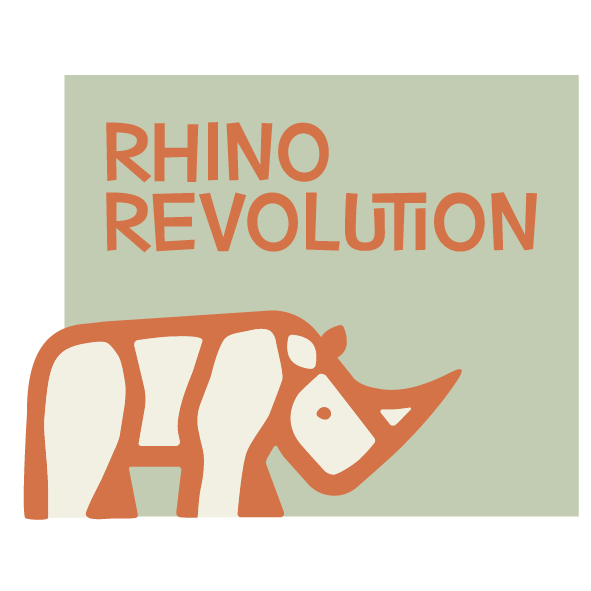Pangolin Preservation
In addition to caring for rhino, Rhino Revolution also has a Pangolin Preservation Programme.
Pangolins are the world’s most illegally trafficked animal – poached for both traditional African medicines, known as muthi, as well as rapidly escalating demand by Asian markets for use in traditional Chinese medicine. Pangolin scales and rhino horn are both made of keratin - the same as human toenails.
South Africa is home to the little-known Temminck’s Ground Pangolin. Sadly more and more of these are being confiscated by SAPS (South African Police Services) and anti-poaching units, having being held illegally in captivity.
“We care for and rehabilitate pangolins rescued from the illegal poaching trade
– to release them back into the wild. ”
When they are seized from poachers, they are severely compromised – very stressed, badly malnourished and dehydrated. The rescued pangolin require round the clock, 24/7 medical care and support. The pangolin are fed with a supplementary protein feed, via a feeding tube, to try and improve their nutrition.
At night, if well enough, the pangolin are “walked” in the bush for them to find their own food supply of ants, to encourage natural feeding behaviours and dietary intake as soon as possible. Walking in the bush can take many hours every night.
When the pangolins are well enough and weigh more than 6kgs, they are released back into the wild on a designated secure reserve, ideally near to where they were seized. Each pangolin is fitted with a tracker, so their well-being and movements can be monitored remotely.
However rescuing individual animals is only one part of the solution and to protect pangolins Rhino Revolution believes it is critical to work in a more holistic, collaborative way. Therefore, we are also working closely with anti-poaching, education and community outreach specialists in the Hoedspruit area (including SANParks, EWT, South African Wildlife College, Conservation South Africa, Black Mambas and K2C Biosphere) - so we can all learn, share best practice, and understand who the key influencers are.
The goal is to build better links with local communities to address the escalation in poaching.
Watch as a pangolin, rescued from poachers and brought in by the Hemmersbach Anti Poaching Unit, is examined on arrival and treated for a snare wound by veterinary staff.
Our veterinary and husbandry costs are escalating!
Please help us raise funds.
This is a unique opportunity to help with the hands-on protection and conservation of one of Africa’s most endangered and illegally poached species.
How to DONATE
If you live in the UK or Middle East you can donate via Just Giving
For South Africa or the rest of the world, you can donate via Given Gain

